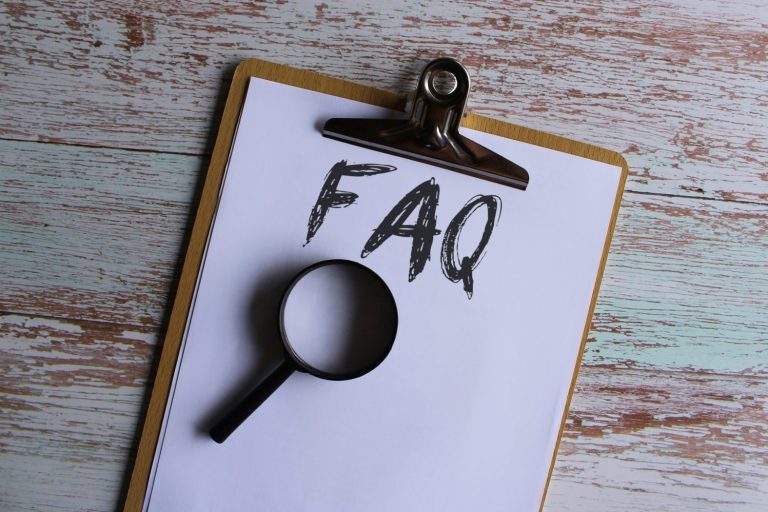It’s a familiar process and many of us do it every week. You download something or log into something and you are faced with a pop up asking you to confirm you have read the terms and conditions. And let’s face it we all do the same; we tick ‘agree’ and move past it.
Have you ever wondered though what you are agreeing to?
Google have a particularly explicit set of terms and conditions which apply to anyone with any kind of Google account. So that’s anyone with an Android mobile device, anyone with a Chrome browser, anyone with a YouTube account and of course anyone with Gmail. And rest assured that this list in not definitive.
So what is it that you we agree to when we use Google? Well how about all of this;
Some of our Services allow you to upload, submit, store, send or receive content. You retain ownership of any intellectual property rights that you hold in that content. In short, what belongs to you stays yours.
When you upload, submit, store, send or receive content to or through our Services, you give Google (and those we work with) a worldwide license to use, host, store, reproduce, modify, create derivative works (such as those resulting from translations, adaptations or other changes we make so that your content works better with our Services), communicate, publish, publicly perform, publicly display and distribute such content.
Our automated systems analyze your content (including emails) to provide you personally relevant product features, such as customized search results, tailored advertising, and spam and malware detection. This analysis occurs as the content is sent, received, and when it is stored.
Did you realise that you have given Google the absolute right to read any and all of your emails? Did you know that they can use anything within those emails? Read it again;
When you upload, submit, store, send or receive content to or through our Services, you give Google ….. a worldwide license to use, host, store, reproduce, modify, create derivative works …., communicate, publish, publicly perform, publicly display and distribute such content.
It’s all very well prefacing this with “You retain ownership of any intellectual property rights that you hold in that content” but that counts for nothing in the world of Google.
Of course Google are an easy target; they are one of the biggest companies in the world and it’s easy enough to poke at their T&C’s and find something you don’t like. The problem however arises when they own pretty much everything you do. That is nothing short of Orwell’s Big Brother.
So does this make Google the equivalent of the evil empire and am I going to get dragged off to Room 101 and reconditioned? By the way, in case Google are reading this my greatest fear is suddenly coming into a lot of money….
No, Google are not the worst thing on the planet however their ability to oversee our lives makes them potentially just that thing. And just because their motto is ‘do no evil’ does not mean that the data they collect can’t be use in ways we would not normally agree to.
In fact faced with two providers of email one of whom tells you explicitly that they are going to read every email and another who doesn’t say that but actually does anyway, I know which I’d prefer. In truth however neither proposition is that compelling and ideally I want a provider who is NOT going to read my outpourings, no matter how innocent they are.
The reality is that I already know that they will track me and my behaviours and at work there is no getting away from this. If I need to use Analytics to review a client’s site, which I do pretty much every day, then I can’t escape. And if I’m logged in then everything else I do is monitored, measured and built back into that great algorithm in the sky.
At home however it’s a different story. I don’t log in, despite being promoted to every time I open a browser. I also don’t use gmail as my main email client. Does this mean I’m invisible? No it doesn’t. Does it mean that their ad targeting is somehow compromised because of this? Unlikely, as I don’t click on the adverts.
Despite being told that being logged in will bring me “customized search result[s and] tailored advertising, I’m still not convinced. In fact I actively don’t want these things. I know I’m not the only one but when I saw the vision of the future that Google Glass was supposed to bring it made me shudder. It still does today. I don’t want someone watching and tracking my movements all day every day.
And I suppose this is the nub of the argument, we have given Google that very right to do this and then they create a device which we pay for that allows them to record even more of our movements. And Apple are no better with their fingerprint recognition software on the iPhone. We fought for decades to protect civil liberties then along comes a company with a device that you voluntarily give away the very thing we fought to protect.
All of which is a long way of saying that every time we click ‘accept’ on these terms and conditions, another freedom dies. The question is, how do we change this so we can continue to function without being required to sell our souls to the corporate gods?






